detail profile ulrich re c3 9f
Peran Yang Di Mainkan Ulrich Reß
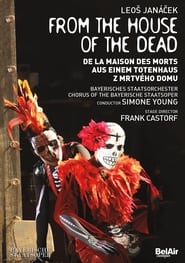 Stage director Frank Castorf might have...
Stage director Frank Castorf might have...Janáček: From the House of the Dead 2018
Stage director Frank Castorf “might have been born to direct From the House of the Dead” (Opera Today). His gritty, visually striking adaptation brings bold modern and postmodern touches to Janáček’s masterwork without ever overshadowing the intense forward momentum of the music, conducted to dramatic perfection by Simone Young and sung by an all-star cast in Munich. Janáček adapted Dostoevsky for this powerfully compelling opera set in a Siberian prison camp, full of starkly contrasting moods and motifs, unusual in its episodic structure. The last opera Janáček ever composed, its third act was on his desk when he died in 1928; attempts by his students to “complete” his orchestration have largely fallen away over the decades in favor of the original version. Despite the grimness of the setting and the brutality of several characters, the composer’s compassion shines through in tender moments, movingly illustrating his motto for the work: “in every creature, a spark of God.”
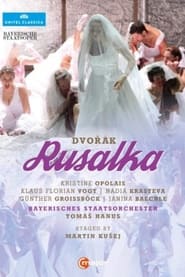 Rusalka is not a happily tragic...
Rusalka is not a happily tragic...Rusalka - Bayerische Staatsoper 2010
Rusalka is not a happily tragic fairy tale. Rusalka’s lake is a dark, damp cellar, where she is imprisoned with her sisters by her abusive father. But once she finally escapes, she is thrown mute and alone into an equally brutal world where she is utterly unequipped to survive, and he increasingly looks like a protector.
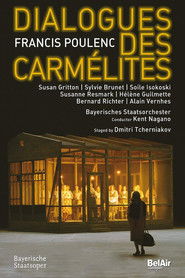 The first ever performances in Munich...
The first ever performances in Munich...Dialogues des Carmelites 2010
The first ever performances in Munich, this production was entrusted to Dmitri Tcherniakov, whose worldwide reputation is underpinned by productions like Eugene Onegin and Macbeth at the Paris Opera and Don Giovanni at Aix-en- Provence. The superb international cast includes a fine Blanche de la Force in Susan Gritton and an excellent Madame de Croissy by Sylvie Brunet, who was favourably compared to Rita Gorr in the press.
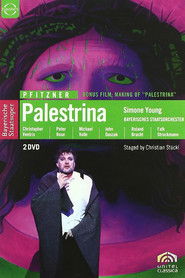 Requiring 38 soloists chorus and large orchestra...
Requiring 38 soloists chorus and large orchestra...Pfitzner: Palestrina 2009
Requiring 38 soloists, chorus, and large orchestra, Hans Pfitzner's "Palestrina" is a challenging opera to stage. In Munich, the city in which it was premiered in 1917, director Christian Stückle, conductor Simone Young, and the Bavarian State Opera met those challenges with stunning success.
 One of Modest Mussorgskys great talents...
One of Modest Mussorgskys great talents...Mussorgsky: Khovanschina 2007
One of Modest Mussorgsky's great talents was his unique ability to transpose words, psychological states, and even physical movements, into music. Kent Nagano rises magnificently to the challenges presented by this score. And Dmitri Tcherniakov's fascinating production emphasizes the timeless quality of this sombre tale of intrigue and power struggles reminiscent of a Greek tragedy, reflecting Mussorgsky's own maxim: "The past in the present - that is my task."
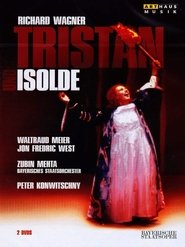 Peter Konwitschnys new production on the...
Peter Konwitschnys new production on the...Tristan und Isolde 1998
Peter Konwitschny's new production on the première stage in Munich gives it a new, optimistic interpretation. At the opening of the Munich Opera Festival 1998, Tristan und Isolde was staged in what is now the ninth new production at the Bavarian State Opera since its world première. Director Peter Konwitschny worked together with stage and costume designer Johannes Leiacker a team already well known in Munich for its much-respected Parsifal. Zubin Mehta conducted, shortly before being called to be General Music Director at the Bavarian State Opera. The title parts were interpreted by the American tenor Jon Frederic West, widely known for his Wagner-roles and Waltraud Meier, one of the greatest Isoldes of our time.

 Pendereckis Opera of an entire convent...
Pendereckis Opera of an entire convent...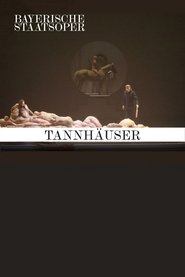
 Recorded at Bayerische Staatsoper on March 39 2016
Recorded at Bayerische Staatsoper on March 39 2016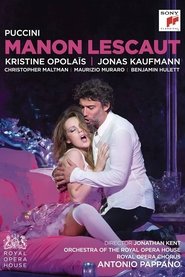 The French tale of a beautiful...
The French tale of a beautiful...